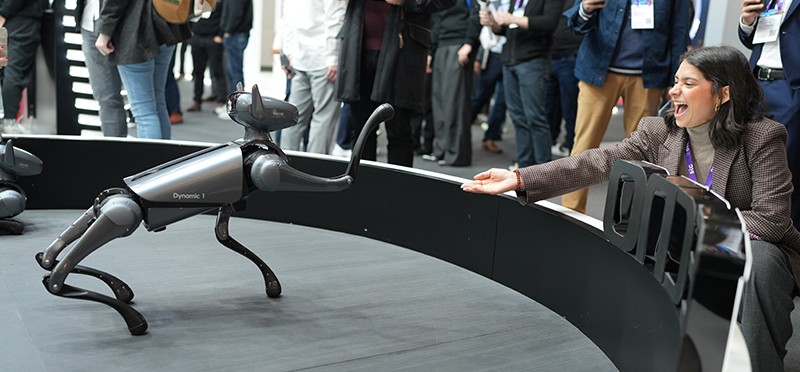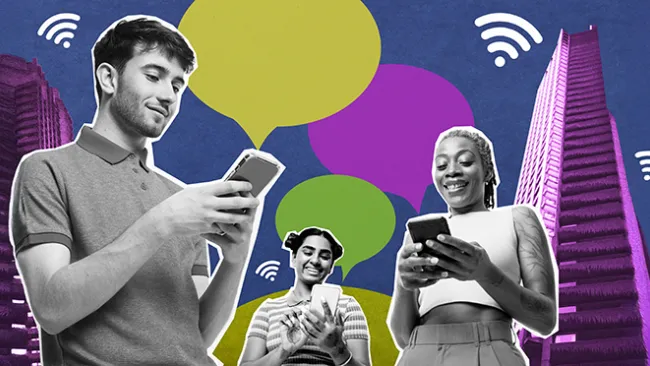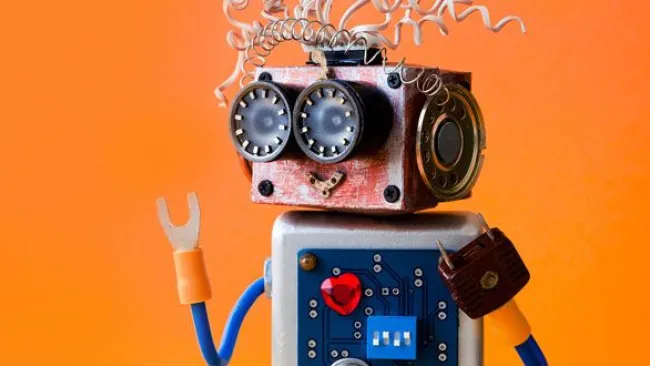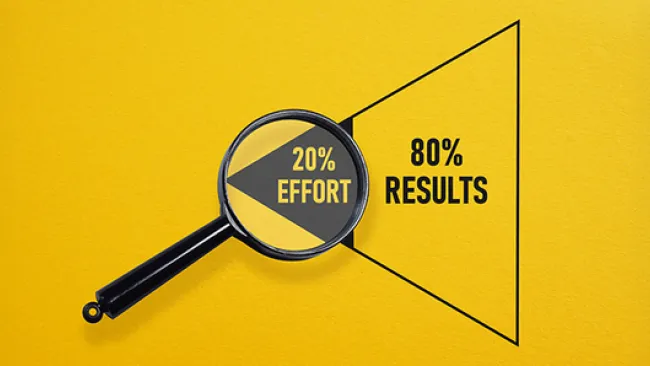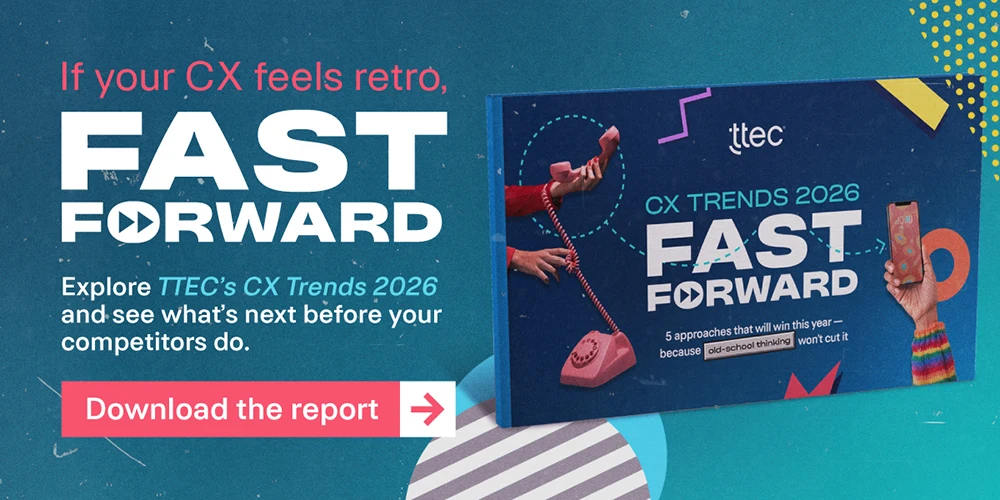Humanising AI was a dominant theme at last month’s Mobile World Congress in Barcelona, where an estimated 93,000 attendees soaked up insights from brilliant leaders like DeepMind Founder and Google’s head of AI Demis Hassabis, along with all kinds of curious technology innovations.
In a panel discussion, Hassabis acknowledged flaws in the image-generation tool of Google’s Gemini AI (previously known as Bard) and said the feature was taken offline with plans to relaunch in a few weeks. He described the image generator feature as well-intended but that it was applied “too bluntly.”
Though he did not elaborate on the nature of unintended results, users labelled the flaw as culturally inappropriate and historically inaccurate. For example, an AI prompt for images of Catholic popes served up photos of females in papal garb.
That’s just the latest reminder that AI remains a work in progress, but the bright light is that AI-enabled features are already improving the customer experience and building trust.
Improving the balance of AI and humans
More than 40 presentations explored the balance of — and best opportunities for — humans and AI at the Mobile World Congress, which concluded Feb. 29.
“The Customer Experience Revolution in the AI Era,” featured a panel of experts including Deborah Battaglia, senior vice president, customer experience, Assurant. Among the lessons learnt at Assurant, according to her presentation: Break work down into tasks; humanise your AI; harness the power of data; and use AI responsibly.
Some of the impressive results Assurant is seeing using AI in the contact centre include:
100% productivity increase of associates provided AI-generated prompts
- 9 point CSAT increase, credited to AI prompts
- Response time to customer enquiries reduced from 48 hours to fewer than 15 minutes by focussing on proactive experiences, rather than reactive
- 100% of customer calls reviewed, up from 1%
Bust out the innovation
There was no dearth of inventive new technology on display at Mobile World Congress. A sampling of works in progress:
- Tecno’s Dynamic 1, an AI-enabled robotic companion that replicates behaviour of a real dog — and it does handstands
- Lenovo’s “rollable concept phone” that folds around your wrist
- Swayy’s iPhone app that tells your friends not only where you are at the moment — but where you will be going next
- Samsung’s smart ring that tracks heart rate, movement, and breathing for monitoring health and sleep patterns
- OnePlus’ Watch 2 promises 100 hours of performance on a single charge.
- Sweanty’s stick-on patch that tracks sweat during your workout to guide proper rehydration
- Assistive voice technology from Whispp that converts whispered (or vocal cord-impaired) speech into a natural voice — in real time
- Mica Al Medical’s operating system that provides early identification and diagnosis of suspicious findings in mammograms
AI as an assistive tool to help humans — in medical, customer service, and other contexts — holds great opportunity, Google’s Hassabis said during an interview just prior to his Mobile World Congress keynote.
“We should be making tools to assist human experts, whether they’re scientists or medics or whatever it is, to free them up to do the higher-level conceptual work. Right?” he said during the Feb. 23, 2024, New York Times “Hard Fork” podcast.
“Today, our systems can help you with data crunching or some sort of analysis of a medical image. But they’re not good enough yet to do the diagnosis themselves, in my opinion, or to trust them with that. There should be an expert human in the loop.
“And I see that as the next phase, and for however many years or decades that will be. And then, maybe we’ll understand these systems better in the course of doing that, and we’ll be able to figure out what to build with them next to allow them to go to the next stage.”
photo courtesy: © 2024 GSMA / MWC
